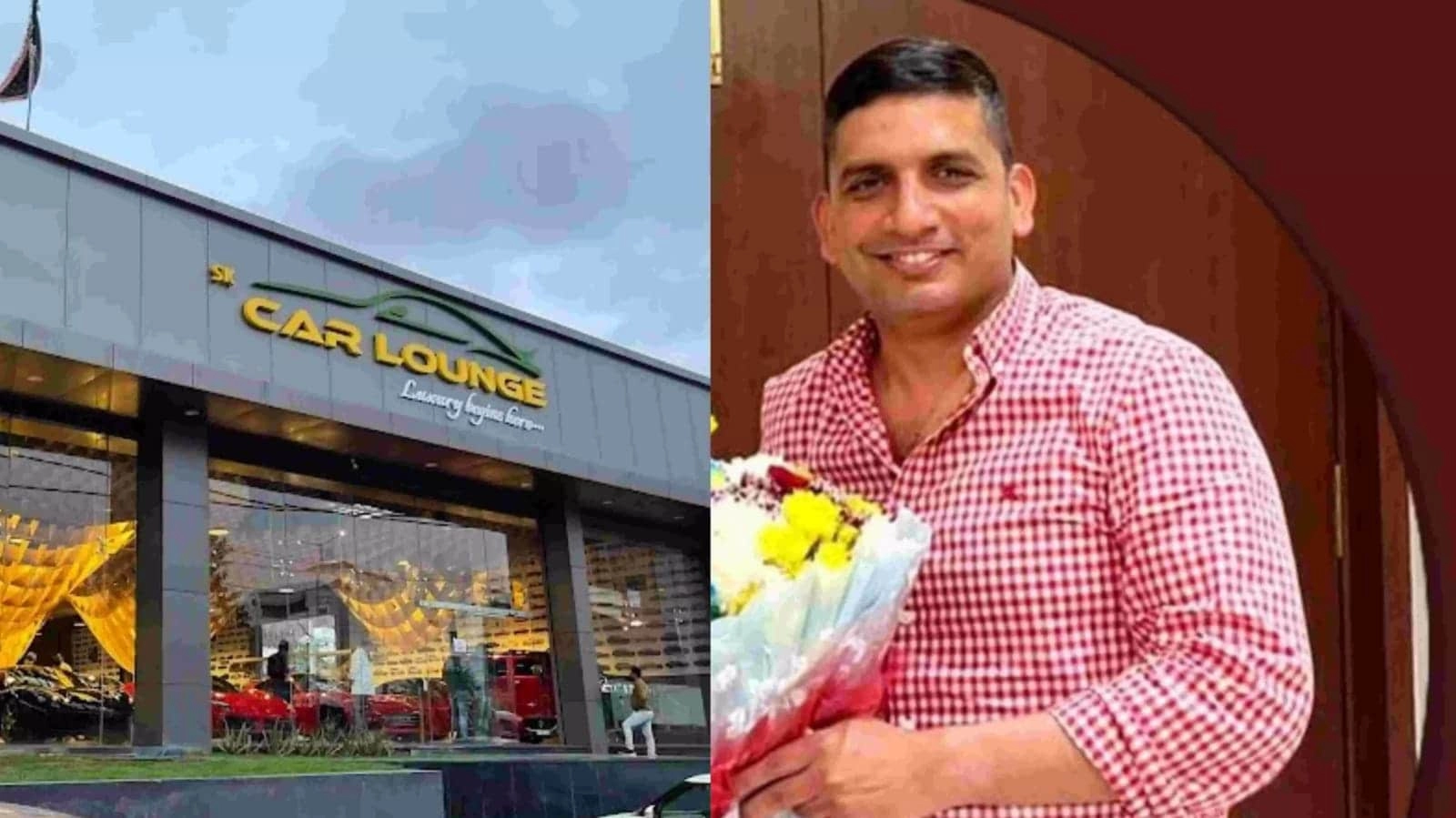In a significant development in the fight against financial misconduct, a luxury car dealer based in Hyderabad has been arrested in connection with a massive customs duty scam amounting to an astonishing Rs 100 crore. The dealer, whose operations have drawn the attention of law enforcement agencies, is accused of engaging in fraudulent activities related to the importation of high-end vehicles. This arrest underscores the ongoing efforts by authorities to clamp down on tax evasion and corruption within the luxury goods market, which has seen a surge in illicit practices as the demand for luxury vehicles rises.
The investigation into the dealer’s operations revealed that he allegedly employed various deceptive practices to evade customs duties, a critical revenue stream for the government. By falsifying import documents and misrepresenting the value of the cars, the dealer was able to significantly reduce the amount of duty payable, thereby cheating the government out of a substantial sum. This case not only raises concerns about the integrity of luxury car imports but also highlights the broader implications of tax evasion on the economy. Such scams can undermine fair competition in the automotive industry and contribute to a loss of public trust in regulatory frameworks.
Authorities have indicated that this arrest is part of a larger crackdown on similar scams that have been proliferating across the country. The luxury car market has become an attractive target for individuals looking to exploit loopholes in customs regulations, and the government has ramped up efforts to bolster enforcement mechanisms. Investigators are now looking into the dealer’s network and are expected to expand their inquiries to uncover any potential accomplices involved in this elaborate scheme. The case serves as a reminder of the crucial role that customs duties play in maintaining economic stability and ensuring that all businesses operate on a level playing field.
As the investigation unfolds, it is likely that more details will emerge regarding the extent of the dealer’s activities and the potential ramifications for the luxury car market in India. The arrest has already sent shockwaves through the industry, prompting other dealers to reassess their compliance with customs regulations. This incident illustrates the importance of vigilance and adherence to legal standards in the face of growing competition and the temptations of financial gain through illegal means. It remains to be seen how this case will influence future regulations and enforcement efforts in the luxury automotive sector, but it certainly marks a pivotal moment in the ongoing battle against tax evasion in India.




